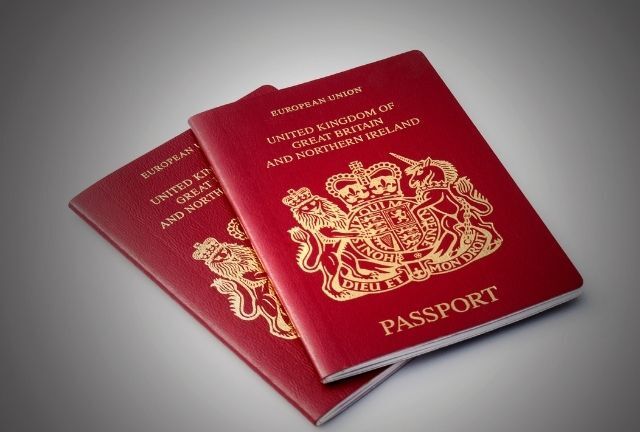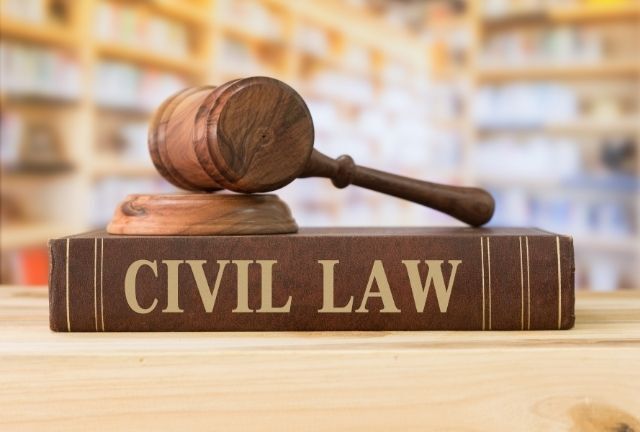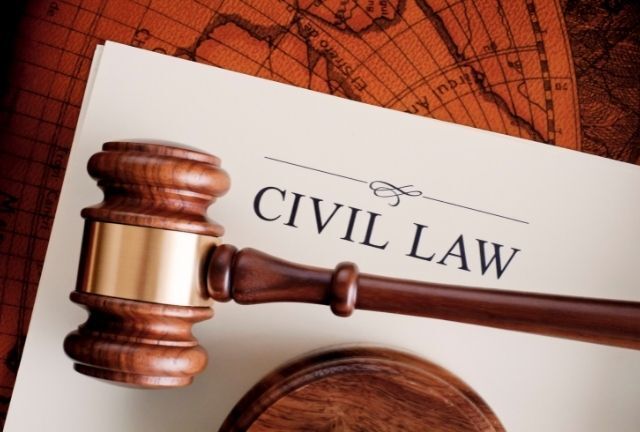Abu Dhabi Commercial Court: Articles of Association of a Limited Liability Company Is Null if It Provides for A Fixed Interest for Any of The Partners
09 May 2018
By Samer Abou Said , Counsel, The Firm
Introduction:
A considerable number of foreign investments in the UAE are done through the setting up of limited liability companies for activities where such companies are mandatory. This is done in order to satisfy the binding provisions of the UAE Commercial Companies Law which stipulates that at least 51% of the share capital should be held by an Emirati partner; the usual allocation of shares is 51% for the local partner and 49% for the foreign partner/investor. On many occasions, the local partner is a silent partner who is not involved in the operations or management of the company and that partner would usually receive a fixed fee in return for his nominal partnership, i.e while the local partner is the registered owner of the shares, the actual owner of the shares is the other foreign partner who holds 49% of the share capital.
To protect their interests, investors would usually resort to bilateral agreements in order to ensure that they would have full control and uninterrupted management of the company. Such bilateral agreements (referred to as “scheme”) can be very complicated and include several sub-agreements designed to mitigate the risks of the foreign investor in the event of a dispute with the local partner or should the latter decide to exercise more control of the company.
The Case:
A foreign investor entered into a joint venture agreement (JVA) with an Emirati corporate partner (100% Emirati- owned company) to set up a limited liability company to provide fire safety consultancy services where the local partner owns 51% and the foreign investor owns 49%. Amongst other stipulations, the JVA provided that the foreign partner would manage the company and contribute financially for any expense required for licensing and other matters, and that the local partner would assist in obtaining governmental licenses for the company, the sponsoring of employees` visas and securing projects for the company.
The articles of association signed before a notary public provided for the distribution of annual dividends before deduction of any partners’ loans, expenses or management fees with the exception of the local partner’s services fees which should be deemed as part of general expenses and not as dividends. The dividends would be distributed 75% for the foreign partner and 25% for the local partner.
Furthermore, the JVA elaborated on the fees of the local partner and stipulated that they shall be paid annual fees of AED 500,000 in two installments and that such fees shall not be considered dividends, and that the fees of the local partner shall be paid before the distribution of dividends which in turn would be made before the deduction of any partners’ loans, expenses or management fees.
Disputes arose between the partners less than one year of setting up the company and the local partner filed a claim to demand the payment of the due annual service fees agreed upon and to compensate them for damages they had sustained due to bad management by the foreign partner. The court appointed an expert who reached the conclusion that the local partner had met all their obligations pursuant to the articles of association and the JV save for securing projects or business for the company.
Following the expert’s report, the foreign partner (defendant) filed a counterclaim whereby they requested to declare the articles of association and the JVA null because they exempted the local partner of losses and included a clause which provided for a fixed revenue on their shares in violation of articles 359 and 662 of the UAE Civil Transactions Code and article 29 of the UAE Commercial Companies Code, and to dissolve the company and refund the amounts paid by the foreign partner.
The Judgment
In its judgment in 2018 in Case No. 1790/2017 Commercial, the Commercial Court of Abu Dhabi observed that
“ the nature of companies contracts and the spirit of cooperation between the partners requires the distribution of dividends and losses whereby each partner bears their share of loss and benefits of their share of profit, and that it will be contradictory to this aforementioned fundamental principle if one of the partners is privileged with most of the entire profits of the company or most of it, or if the partner shall not bear any amount of the loss which is referred to in other words as (leonine clause). The aforementioned applies also if the partners agreed to pay a fixed interest to any of them regardless of the company’s financial situation (which is referred to as fixed interest condition or fixed revenue condition). The forms of fixed revenue can be different but it concurs in that it all provides for a minimum profit for one of the partners vis-à-vis the other partners, such as the partners’ agreement to grant one of them a fixed interest or a fixed sum regardless of whether the company achieves profits or sustain loss.”
The court referred to article 29(3) of the Commercial Companies Code which states that:
“ 3- If it is agreed in a company`s Memorandum of Association that one of the partners is to be deprived of the profits or exempted from loss, or to receive a fixed percentage of profits, such Memorandum shall be deemed void.”
And went on and stated that the UAE legislator
“ equated between the leonine clause and fixed interest clause by applying the same legal consequence which is the nullity of the contract of the company and not only the clause itself.”
Then the court found in favor of the foreign partner and ruled that the aforementioned clauses in the articles of association of the company as elaborated by the JVA are in contravention of article 29(3) and consequently they are null.
In respect to the request of the foreign partner to dissolve the company, the court stated that the company did not exist in the first place to be dissolved because the articles of association are null. Then the court ruled to liquidate the company.
The controversy raised by the application of article 16(3) of Commercial Companies Code
In respect to the request of the foreign partner to refund his contributions, the court ruled that articles of association are considered a time-contract (continuous) and that in such contracts the effects of nullity apply to the future and have no retroactive effect, and the court relied also on article 16(3) of the Commercial Companies Code to state that liquidation of the company and distribution of its assets should be made in accordance with the annulled articles of association.
In this respect, the court’s finding that the nullified articles of association should govern the liquidation of the company appears to be in line with the wording of article 16(3) which was inserted in the new Commercial Companies Code issued in 2015.
Article 18 of the old Commercial Companies Code No. 8/1984 provided for nullity if the articles of association deprived one of the partners of dividends or exempted the partner from bearing loss, but it did not stipulate what happens in case of nullity as article 16(3) of the new law did. Under the old Commercial Companies Code, the courts had the discretion to resolve this matter and they did usually deduce the real relationship between the partners from the different evidence laid before them. For example, if a foreign investor could prove that he paid all the capital, made all the investments in the company and that the local partner was paid an annual fee without any financial contribution; the court would usually allocate the entire assets during liquidation to the foreign investor.
Having said that, owing to the insertion of the new paragraph (3) of article 16, its application may become controversial in cases where the articles of association are fictitious i.e where the local partner is a sponsor and not a real partner. If the court were to apply the nullified articles of association, it would have to allocate 51% of the assets of the liquidated company to the local partner although this does not reflect the actual relationship and may result in a disastrous outcome for the foreign investor.
Conclusion
The above judgment is not yet final but if it is upheld by higher courts it should lead foreign investors to pay more attention and consider seriously inserting more protections to mitigate risks in the articles of association itself, rather than just relying on the bilateral agreements and the ancillary arrangements
“Contents of this article are for general informational purposes only. It is not intended as professional counsel and should not be used as such.”
















